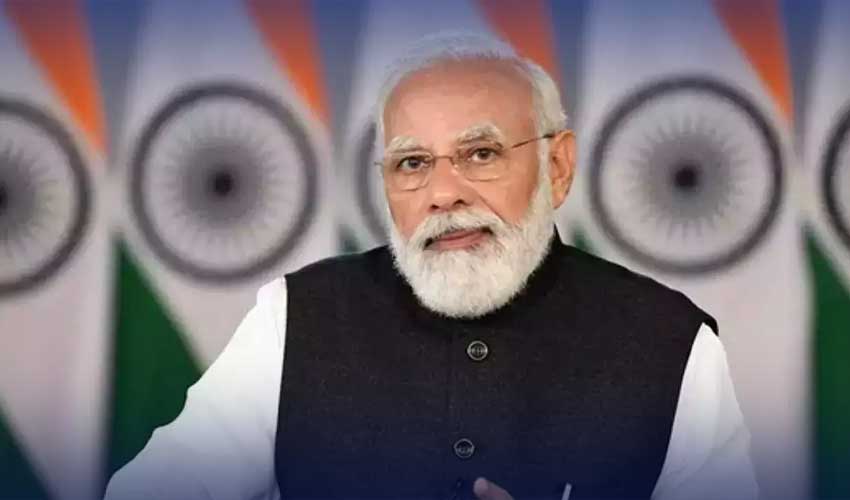The political landscape in India seems to be undergoing a significant shift, with a notable divide emerging between the northern and southern states.
Prime Minister Narendra Modi, who once enjoyed widespread support across the nation, now faces rejection in the more developed southern states while retaining popularity in the developing northern regions.
The rejection of the Modi government in southern states has been particularly evident in the latest elections, as voters in these regions have voiced their discontent.
According to the Public Affairs Index 2018, four southern states are among the top five best-performing states in India, indicating a discrepancy in the perception of the government's performance.
A report by BBC highlights that southern states outpace their northern counterparts in terms of growth and stability. The literacy rate in South India stands at over 80%, while in North India, it hovers just below 50%.
This educational disparity is mirrored in economic indicators, with South India boasting a GDP per capita four times that of North India, as reported by The Interpreter.
One striking statistic from The Economist reveals that despite North India having a population share of 75%, their tax contribution is merely 3%, whereas southern states, with a lower population share, contribute more than 25% to the country's tax revenue.
This economic divergence points to a growing disconnect between the two regions.
The Asia Times reports that while 30% of the population in North India grapples with poverty, an overwhelming 92% of people in the southern states enjoy prosperous lives.
This socioeconomic contrast is indicative of the diverse challenges faced by different parts of the country.
Experts attribute Modi's sustained popularity in the north to a combination of extremism and lower literacy rates.
This ideological divide, combined with economic and social imbalances, is contributing to the current political shift.
The Modi government is reportedly planning to reduce the parliamentary seats allocated to southern states, as highlighted by the BBC.
This move has raised concerns about potential direction and the dilution of the rights of the southern states.
There are also claims that the voting rights of southern states are being suppressed ahead of the 2024 elections, with the allocation of seats favouring the northern states.
The Deccan Herald reports that southern states, despite contributing significantly to the country's GDP, are experiencing asset transfers to the northern states due to what critics describe as the Modi government's extremist policies.
This trend is deepening the divide and exacerbating tensions between the regions.
As India approaches the 2024 elections, the widening gap between the north and south is becoming increasingly apparent.
The repercussions of these divisions, fuelled by economic, social, and political disparities, may have far-reaching consequences for the nation's unity and political stability.



























